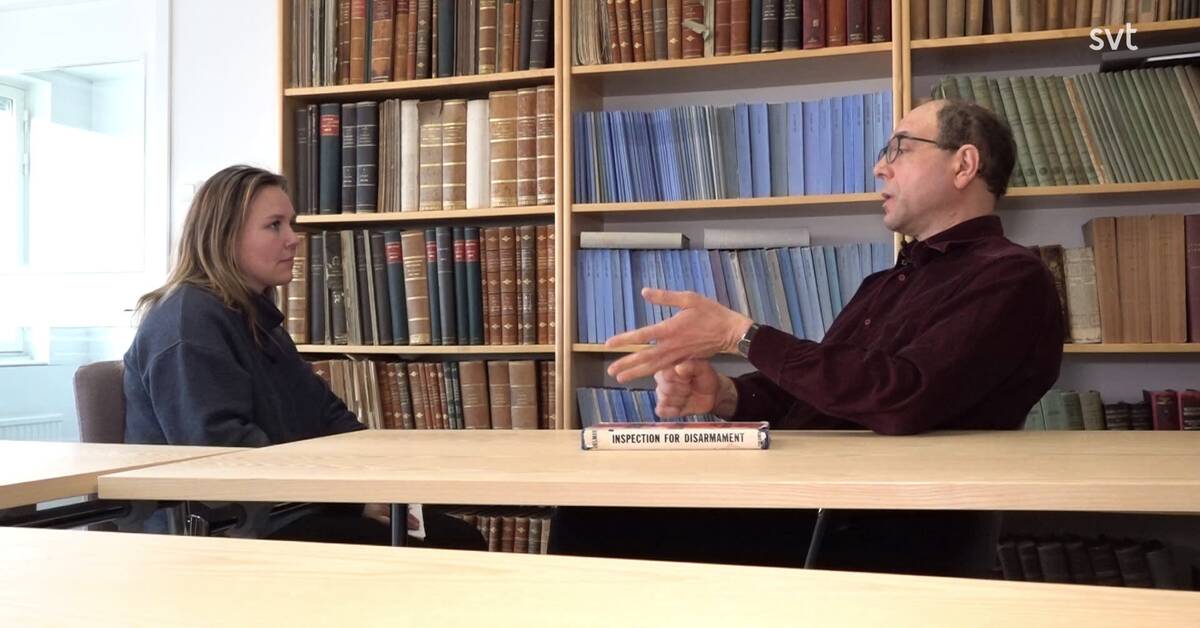More money for defense, closer cooperation with NATO and exports of munitions to Ukraine.
This is how it has sounded from Sweden's politicians after Russia's invasion of Ukraine.
Sweden recently sent a second delivery of munitions to Ukraine, 5,000 armored shots and demining equipment at a total cost of SEK 205 million.
In the first delivery, in addition to armor shots, helmets, body protection and field rations were also sent at a cost of around SEK 400 million.
"Lost its diplomatic power"
But even though the politicians in the seven parliamentary parties like to show a united front, both in terms of arms deliveries to Ukraine and the security policy direction, there are other more critical voices.
One of them is Jonathan Feldman.
- By upgrading the defense, sending weapons to Ukraine and cooperating with NATO, Sweden has lost its diplomatic power.
And it was a very important asset, he says.
He believes that Sweden's tradition of mediating in conflicts would have meant more to the security situation than a larger defense budget can do.
He takes as an example the submarine crisis in 1981 when a Soviet submarine ran aground in the archipelago outside Karlskrona, an event Jonathan Feldman believes is the largest diplomatic crisis that Sweden has undergone in many decades.
- Then it was not JAS Gripen or the military that protected Sweden, it was diplomatic capital.
Play a role in the conflict
In addition to diplomacy, according to Jonathan Feldman, improving Sweden's own security situation, it could also have played an important role in the attempts to mediate between Russia and Ukraine.
- Sweden could have been a diplomatic innovator as it had been before.
But it has been lost because people with a lot of power advocate the NATO line, he says.
Instead, there is a risk that Russia will be provoked, says Jonathan Feldman.
- We have an angry dog in the neighborhood.
Can you kick the dog?
Yes, everyone can do that.
But is it wise to kick the dog?
No.

